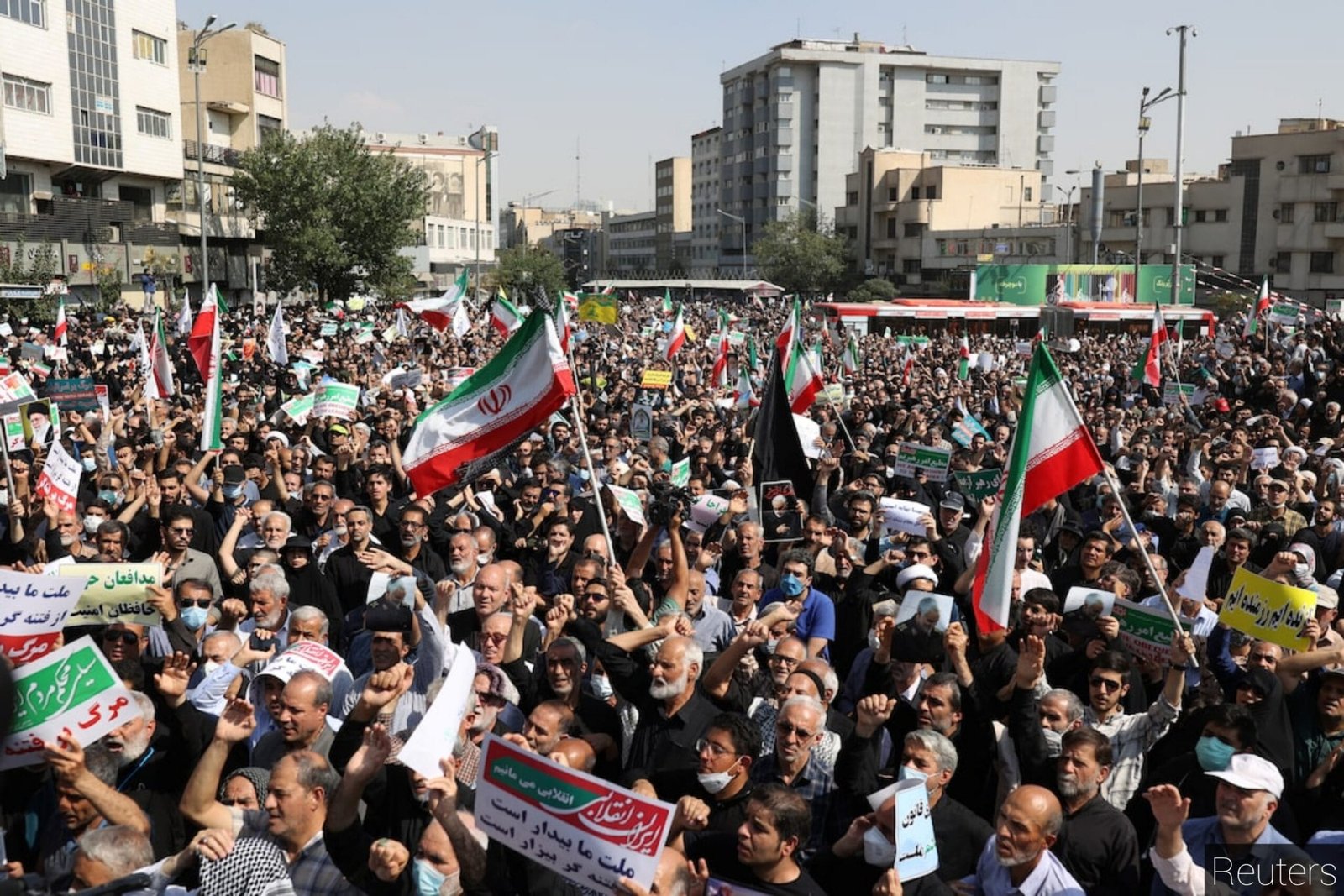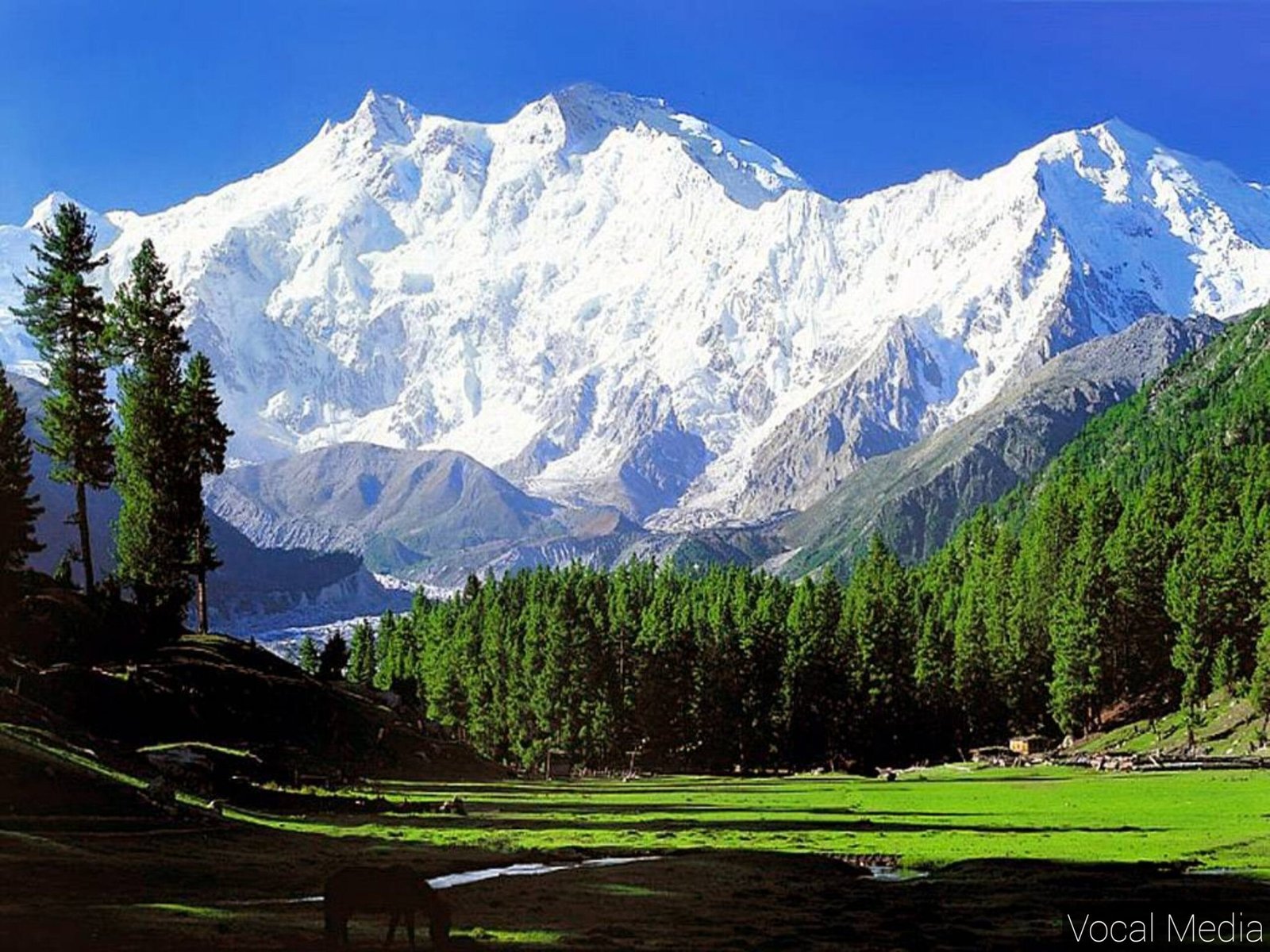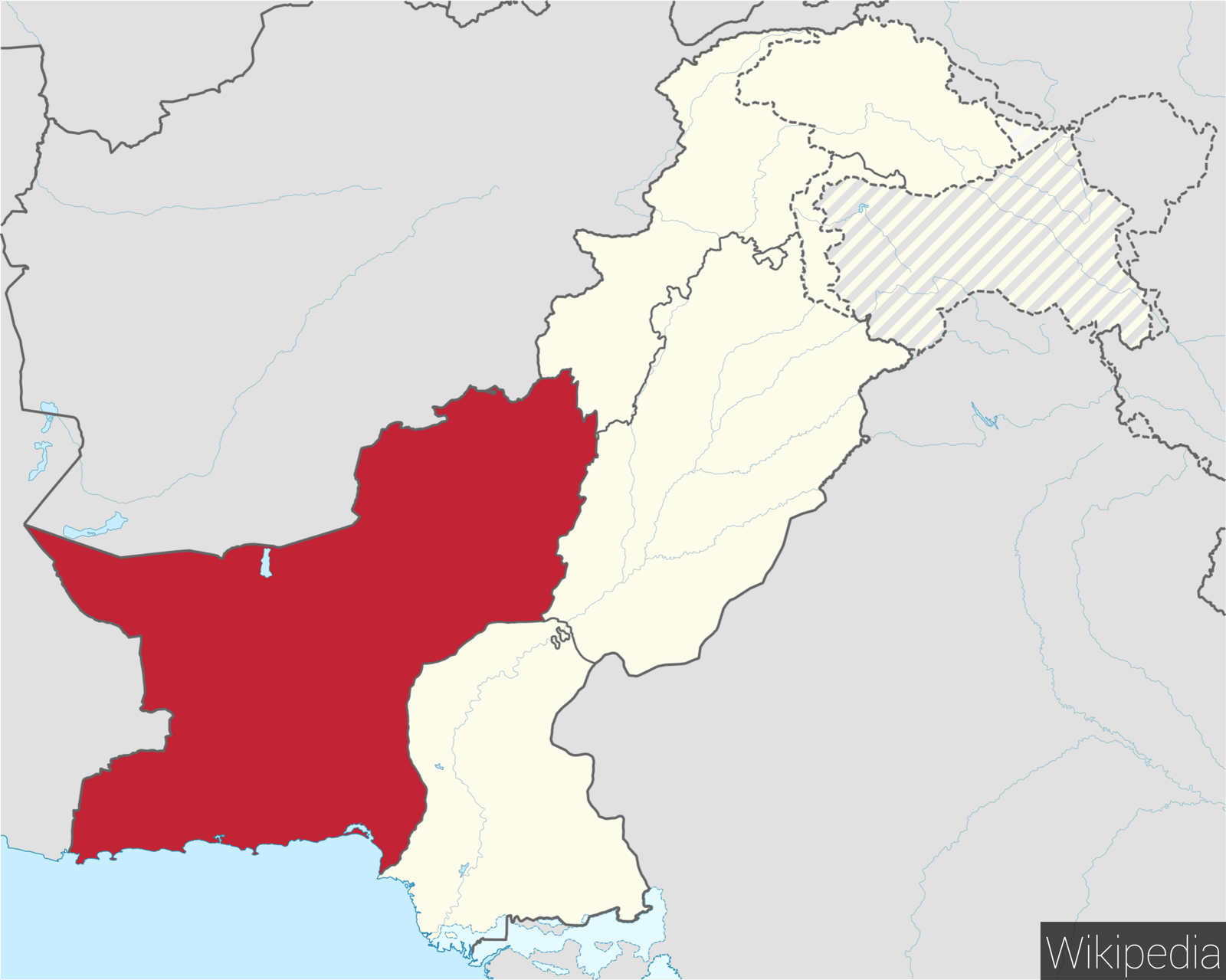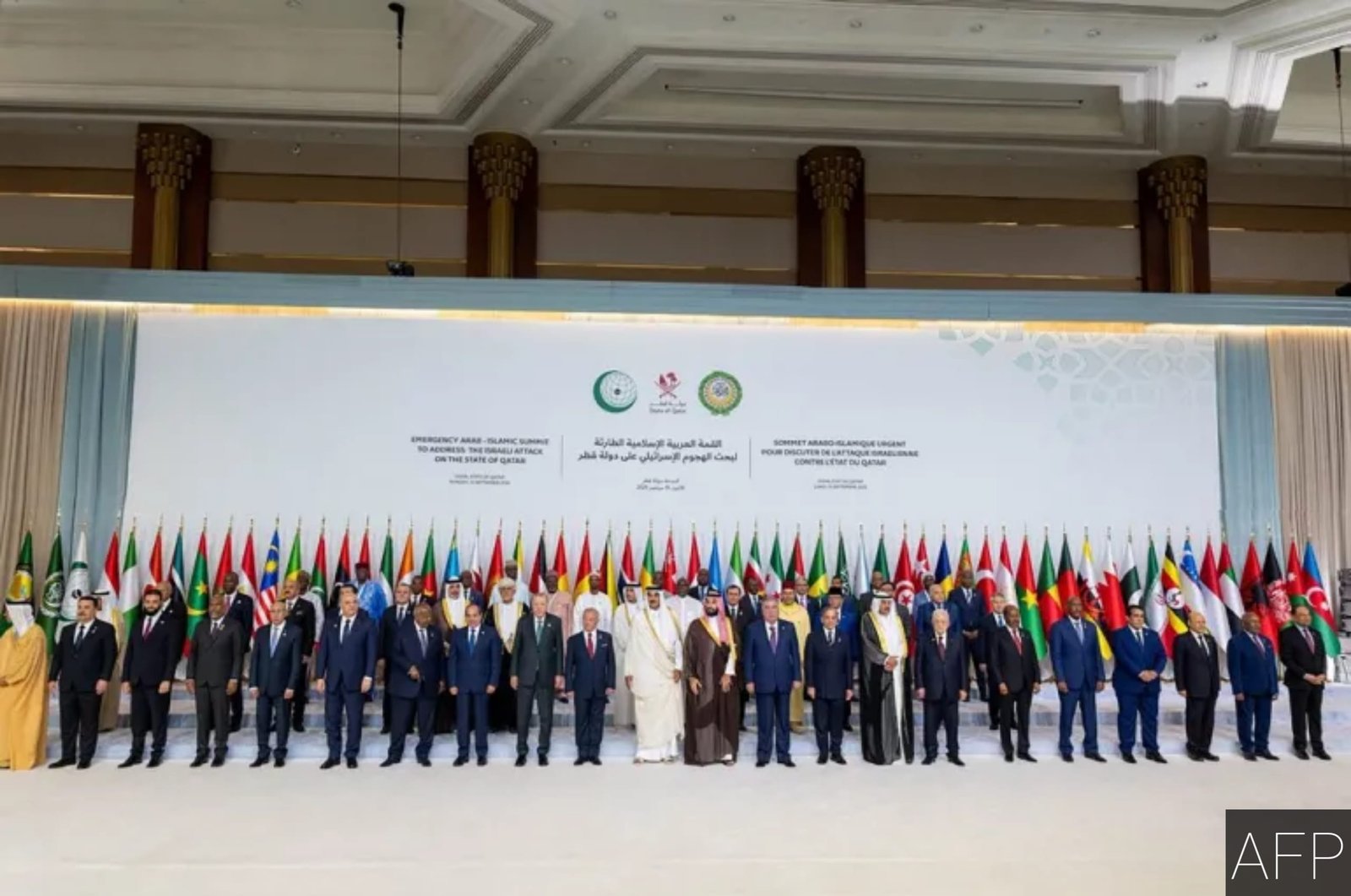
Table of Contents
Qatar held an emergency Arab-Islamic summit on Monday after the Israeli aerial strikes on its capital, Doha. On September 9 at noon, Israel carried out 10 airstrikes on Qatar, violating its sovereignty and sparked another escalation in the region. Qatar’s defense system that was under the control of U.S. military, did not intercept Israel’s attack. In response to the Israeli intrusion in Middle East, Qatar held the Arab-Islamic summit inviting representatives from nearly 60 countries. Here’s what the leaders said at summit:
Qatar
The statement from the Emir of Qatar was important as Qatar itself was the victim of recent Israeli airstrikes. Emir Sheikh Tamim bin Hamad Al-Thani said:
“My country’s capital suffered a deceitful assault aimed at a residence sheltering the families of Hamas and their negotiating delegation … Whoever persistently and systematically targets a negotiating party is working to thwart the negotiation … The Israeli war on Gaza has turned into a war of extermination … Israel seeks to make Gaza uninhabitable as a prelude to displacing its population.“
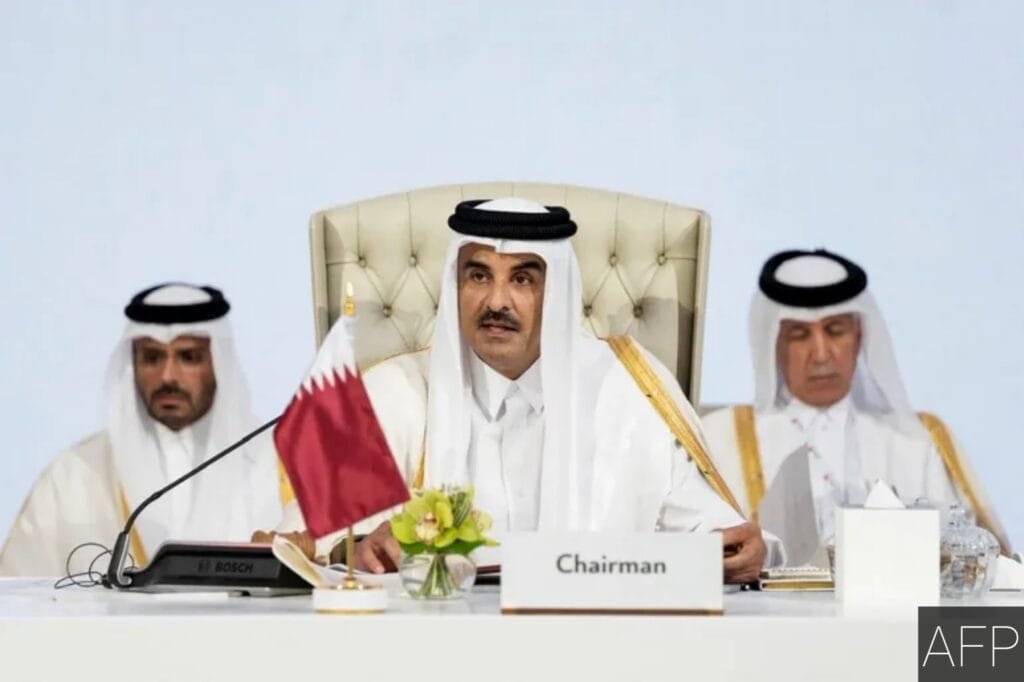
Palestine
Palestinian authority President Mahmoud Abbas said:
“We urge the international community to take responsibility, to hold Israel accountable for its crimes and its repeated attacks on our nations and people, and we call for real steps to stop these violations from happening again… Israel’s extreme far-right government cannot be a partner in peace and security for our region. This requires a strong stand from Arab and Muslim countries, as well as decisive action from the US and the UN Security Council to put an end to the rogue state and its actions.“
Pakistan
Pakistan’s Prime Minister Shehbaz Sharif expressed his country’s full support for Qatar; He said:
“In my statement, I firmly condemned Israel’s aggression in the Middle East, reaffirmed Pakistan’s steadfast solidarity with Qatar, and repeated our clear commitment to regional peace, including strong support for a fair and lasting two-state solution.“
Turkiye
Turkish President Recep Tayyip Erdogan said on this occasion:
“We are facing a terrorist way of thinking that lives on disorder and killing, and it is represented by a state. This thinking, which openly breaks the UN Charter and challenges international rules, continues only because its crimes are not punished … There is a greedy and violent mindset among Israeli leaders,” he added, blaming Prime Minister Benjamin Netanyahu’s government for trying to keep the killings going and push the region into disorder. The Doha attack has taken “Israel’s lawless acts” to a higher level, Erdogan said. “Strong economic pressure must be put on Israel, and past examples show such pressure works,” he said, adding, “We cannot accept Palestinians being forced from their land, nor their killing or division.”
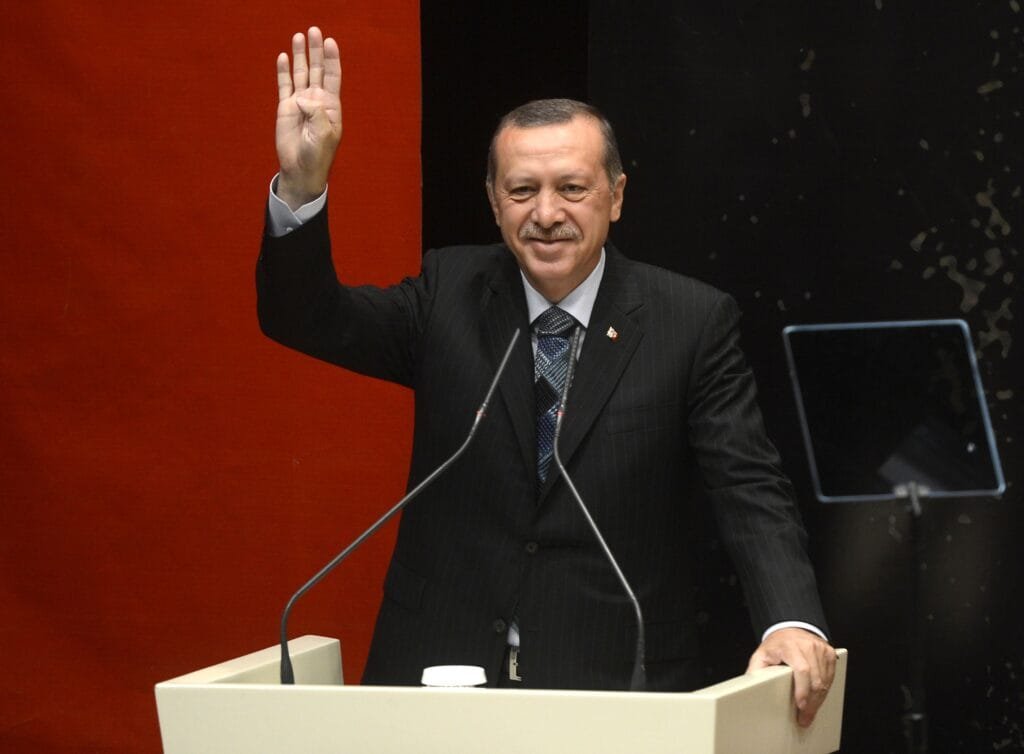
Iran
Iranian President Masoud Pezeshkian said that leaders must strengthen their “unity and solidarity” to resist Israel. He said: “We should stand up to these threats, making clear that further crimes will not be tolerated, and we cannot remain silent about what is happening in Gaza or what has taken place in Beirut or Yemen… Unity must not only come from shared religion but also from the shared principles of humanity… It is possible for Islamic countries to cut ties with this false regime and preserve unity and cohesion as much as possible.”
Egypt
Egyptian President Abdel Fattah el-Sisi said:
“The heinous attack on Qatari territory is a grave violation of international law and sets a dangerous precedent. I warn that Israel’s reckless behaviour will worsen the conflict and destabilise the region… I say to the people of Israel that what is happening now is destroying the existing peace agreements, and the consequences will be severe.“
Gulf Co-operational Council
GCC Secretary-General Jasem Mohamed Albudaiwi said:
“We expect our strategic partners in the US to use their influence on Israel for it to stop this behaviour… We really do expect that.”
Arab League
Arab League Secretary-General Ahmed Aboul Gheit said:
“The message says ‘enough silence’ to the acts of thuggery by this rogue state, which has been wreaking havoc, destruction, killing and starvation within the region… Silence in the face of criminality is itself a crime, and silence over violations of international law weakens the entire international system… Such silence has emboldened the Israeli army to believe that every act is possible and any crime can go unpunished. That is why they continue to spread destruction from one country to another, setting the whole region on fire as if the world has returned to the ages of darkness and barbarism.”
OIC
OIC Secretary-General Hissein Brahim Taha said:
“The summit is an opportunity to take a unified and firm stance against the heinous Israeli aggression… We reiterate our strong condemnation of the blatant attack on the State of Qatar and its territorial sovereignty… We call on Arab and Islamic states to take firm decisions against Israel, and urge the wider international community to assume its responsibilities and hold Israel accountable for its crimes… We affirm our support for the outcomes of the international conference to resolve the Palestinian issue and the two-state solution, and we are confident that the outcomes of this summit will strengthen Arab and Islamic solidarity.”
What will happen next? (Opinion)
Several other countries, including Indonesia, Malaysia, and Iraq, also condemned Israel’s strike on Qatar. But most of them stopped at words of solidarity. No one was ready to take real action against Israel. Their response was limited to diplomatic warnings meant to pressure Israel.
At the same time, something important was noticed. While the summit was taking place in Doha, US Secretary of State Marco Rubio was in Israel meeting Prime Minister Benjamin Netanyahu. This showed that America was still standing by Israel.
Because of this, many observers now suspect that the US may have played a role in the attack. They point out that America has military bases in Qatar, yet those bases did not intercept the Israeli missiles. To some, this looks like a deliberate choice.
Written By:
Rumman Mustafa

